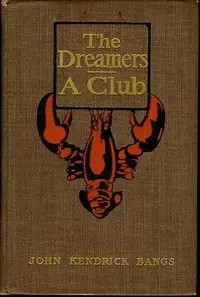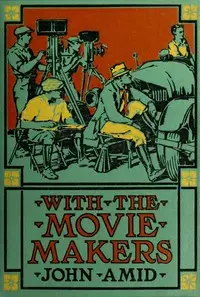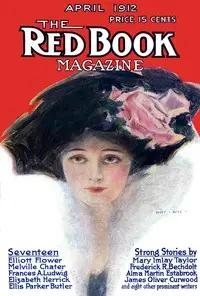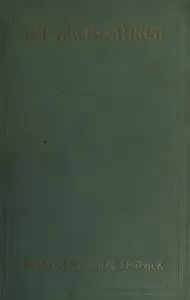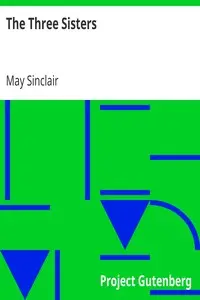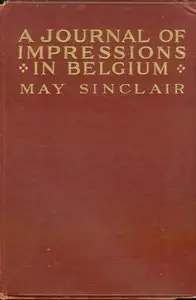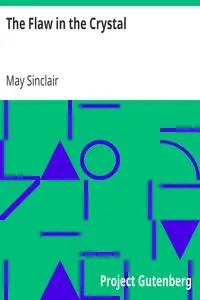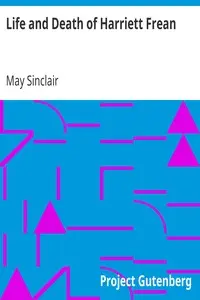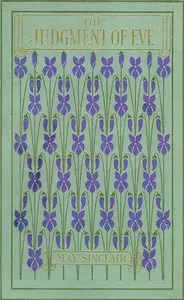"The Creators: A Comedy" by May Sinclair is a story about love and big dreams in the 1900s. It zooms in on the tangled-up lives of people who make art, showing how they deal with love, wanting to be successful, and what society expects from them. The story tells about George Tanqueray and Jane Holland who are about to become famous. As Jane gets more attention, she struggles to stay true to who she is, George feels unsure of himself. They both realize how fame and the opinions of others can mess with their hopes and fears, making things hard between them.
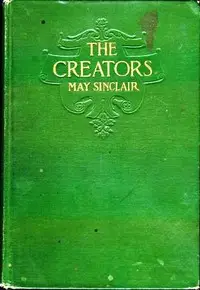
The Creators: A Comedy
By May Sinclair
In a world of rising stars and personal struggles, two souls navigate the blurred lines of love, celebrity, and self-discovery.
Summary
About the AuthorMay Sinclair was the pseudonym of Mary Amelia St. Clair, a popular British writer who wrote about two dozen novels, short stories and poetry. She was an active suffragist, and member of the Woman Writers' Suffrage League. She once dressed up as a demure, rebel Jane Austen for a suffrage fundraising event. Sinclair was also a significant critic in the area of modernist poetry and prose, and she is attributed with first using the term 'stream of consciousness' in a literary context, when reviewing the first volumes of Dorothy Richardson's novel sequence Pilgrimage (1915–1967), in The Egoist, April 1918.
May Sinclair was the pseudonym of Mary Amelia St. Clair, a popular British writer who wrote about two dozen novels, short stories and poetry. She was an active suffragist, and member of the Woman Writers' Suffrage League. She once dressed up as a demure, rebel Jane Austen for a suffrage fundraising event. Sinclair was also a significant critic in the area of modernist poetry and prose, and she is attributed with first using the term 'stream of consciousness' in a literary context, when reviewing the first volumes of Dorothy Richardson's novel sequence Pilgrimage (1915–1967), in The Egoist, April 1918.

